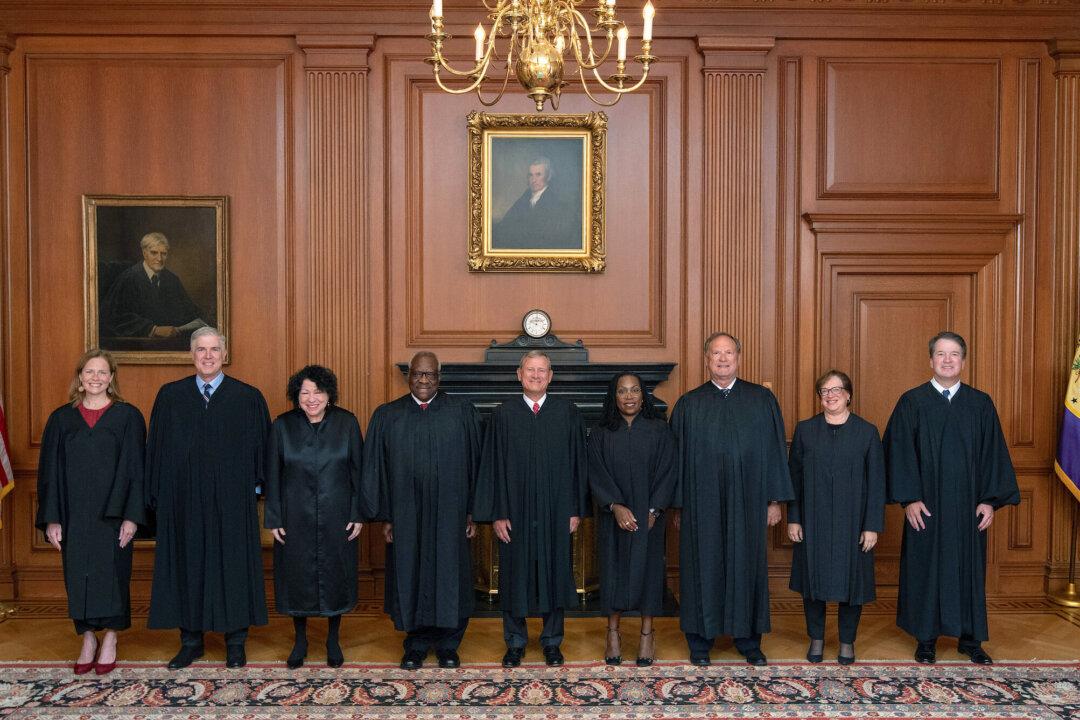Supreme Court Justice Ketanji Brown Jackson was the lone dissenter in an 8–1 ruling that ruled in favor of a concrete company that sought to revive a lawsuit against one of the largest unions in the United States.
Thursday’s decision, authored by Justice Amy Coney Barrett, allows (pdf) a Washington state-based firm, Glacier Northwest, can go ahead with a lawsuit against the powerful International Brotherhood of Teamsters in a court over a 2017 strike where Teamster drivers walked off the job and allowed cement to go bad in their trucks.





